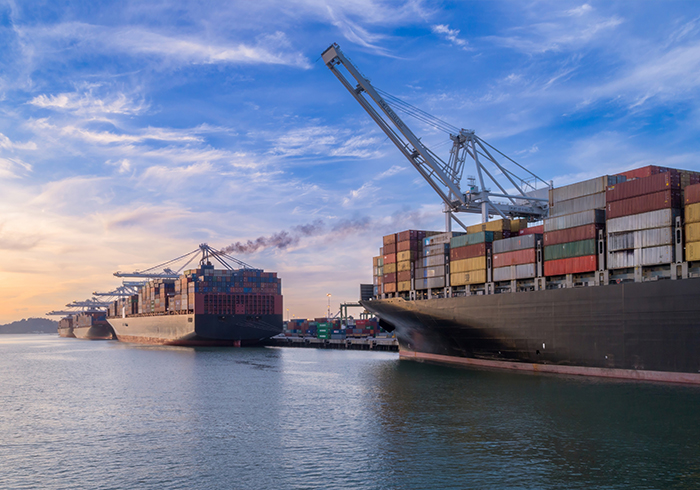Greater scrutiny of customs fraud through lawsuits filed under the False Claims Act (FCA) is likely, trade lawyers say, as the US government steps up trade fraud enforcement and tariffs rise.
Trade lawyers have warned that the recent tariff hikes – on certain goods, including steel and copper, and imports from countries such as India, Brazil and South Africa – could trigger an increase in enforcement action under the law, as companies may try to fraudulently avoid paying higher tariffs.
The FCA is the US government’s main civil tool for pursuing companies that defraud it, including by misclassifying or undervaluing imported goods or misrepresenting their country of origin.
The centuries-old piece of legislation is being used more frequently in customs cases to ensure import duties are reported and paid accurately, particularly as tariffs increase.
While the US government can file suits itself, private parties – known as whistleblowers, or ‘relators’ – can also bring them on behalf of the government to allege that a company has made false statements when self-declaring duties on imports.
The act provides substantial financial incentives to corporate whistleblowers alleging customs fraud, ranging from 15% to 30% of the damages if a suit is successful.
The final liability is calculated by determining the damages and then tripling that amount, significantly increasing the sum owed.
The scope of the FCA also extends to foreign exporters and manufacturers under a provision around conspiring to commit fraud.
“The statute is frequently used in healthcare cases or defence procurement cases, and it’s increasingly being used in the customs space on the theory that when an importer underpays duties, they’re depriving the federal government of the collection of those duties,” says Jason Crawford, partner at Crowell & Moring.
“I have to think the plaintiffs’ bar is going to be prioritising these cases because there probably are some companies out there that are going to try to see if they can get by without declaring duties, given the impact of the new tariffs.”
A recent decision by the US Court of Appeals for the Ninth Circuit on Island Industries v. Sigma Corporation has also upped the scrutiny on how the FCA can be used.
Island Industries, a pipe fitting manufacturer, filed the original complaint in 2017, alleging that its competitor, Sigma, had made false statements on customs forms to avoid antidumping duties on goods imported from China.
The Ninth Circuit affirmed a California district court’s decision to uphold the US$26mn verdict against Sigma.
“This case is interesting because in a lot of other areas, the prototypical whistleblower is a current or former employee,” Crawford tells GTR. “What we see in a lot of these customs cases is that it is not uncommon for an outsider, including competitors, to file them, and that’s precisely what happened with Island Industries.”
For competitor-driven cases, individuals can use their knowledge of a market, including where companies can source from, he adds.
“A motivated competitor with good research skills can often at least detect some smoke to include in a complaint, and then the Department of Justice uses its investigative tools to see if there is any fire,” Crawford says.
Complaints under the FCA are also sealed, which means that often businesses will have no knowledge of the case until they receive a subpoena from the government.
The Ninth Circuit decision clarifies that if a private party brings the case, then the district court has jurisdiction. It also gives the government and private parties more scope for enforcement, as suits can be started in district courts as well as the US Court of International Trade.
Enforcement landscape
“People are paying more attention to what the False Claims Act means and how it’s going to affect them,” says Nithya Nagarajan, partner at US law firm Husch Blackwell.
She adds that the government’s current enforcement positioning may well lead to more FCA cases. “The US government can bring the case directly, and I think that path is going to be increasingly used as yet one more enforcement tool in this entire process.”
In April, President Donald Trump declared a national emergency due to US goods trade deficits citing in part “a lack of reciprocity” in bilateral trade relationships.
The following month, the Department of Justice’s criminal division deemed trade and customs fraud an enforcement priority, meaning companies are more likely to be held criminally liable for violations.
Jonah Retzinger, partner at international law firm Nixon Peabody, tells GTR that in terms of the FCA, “the statutory mechanism hasn’t changed. What’s changed is you have a new administration that’s pushing out a bunch of new executive orders, all of which are getting a tremendous amount of attention.”
He adds that there is a greater risk that former government attorneys who are familiar with these enforcement processes will start marketing themselves as relators’ counsel. “You’re going to see a lot more activity in the space, for sure,” he says.







